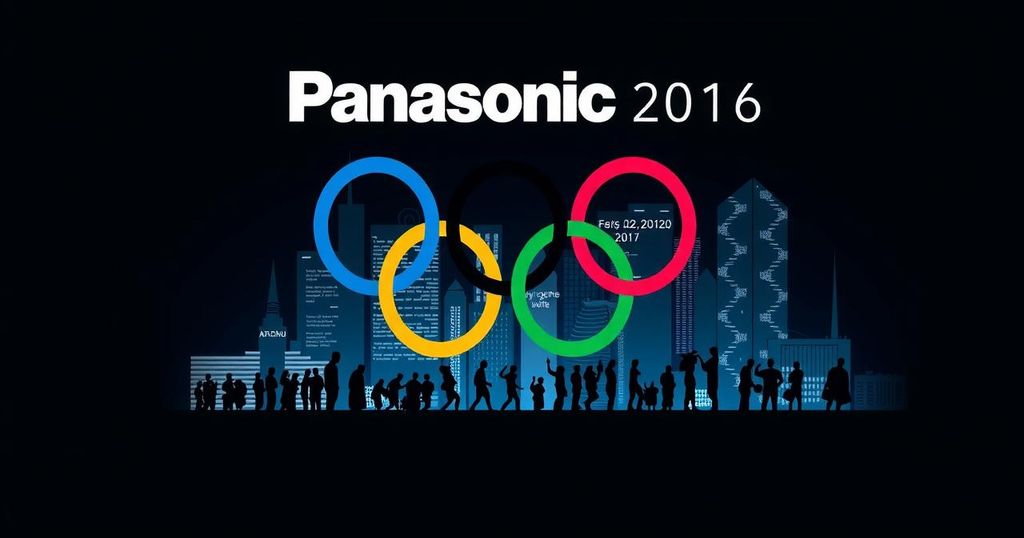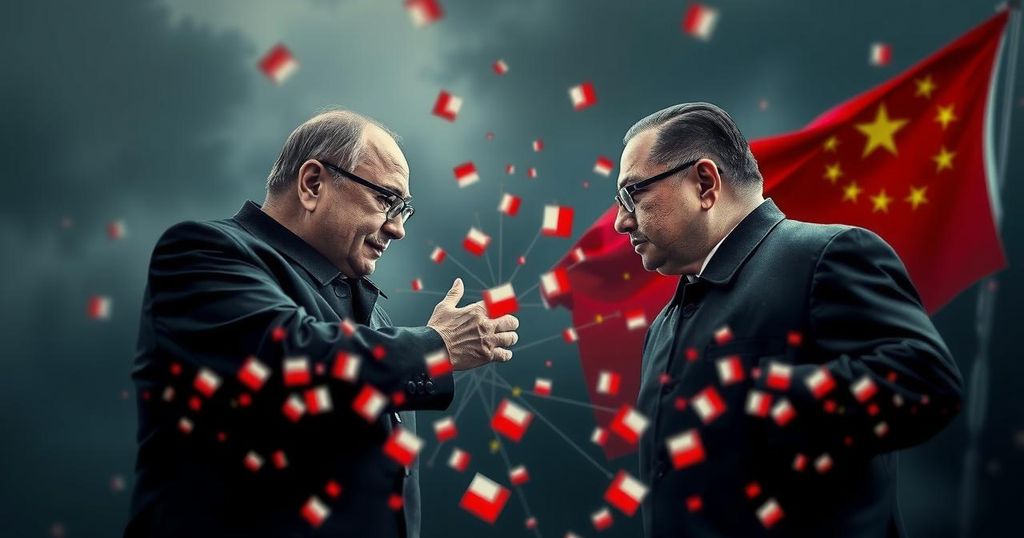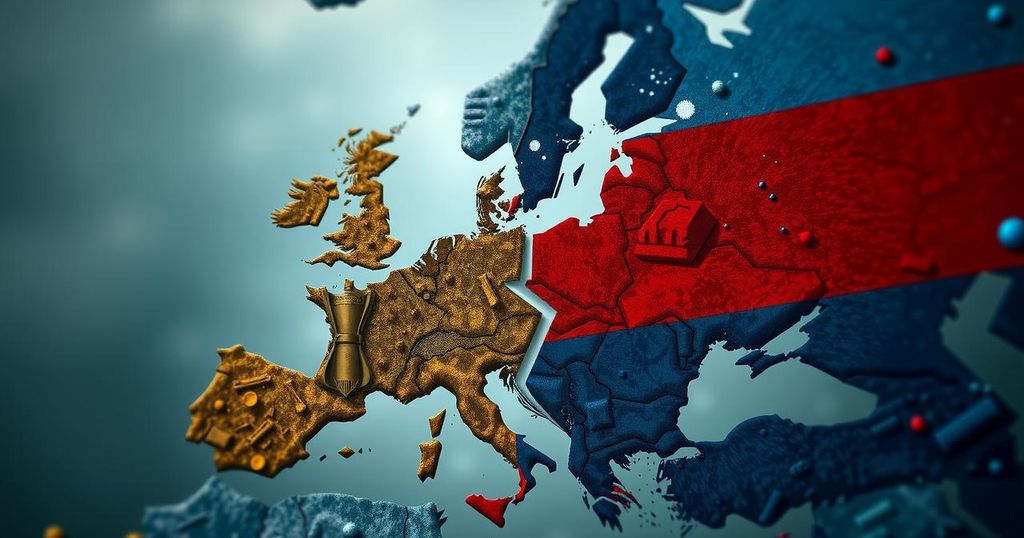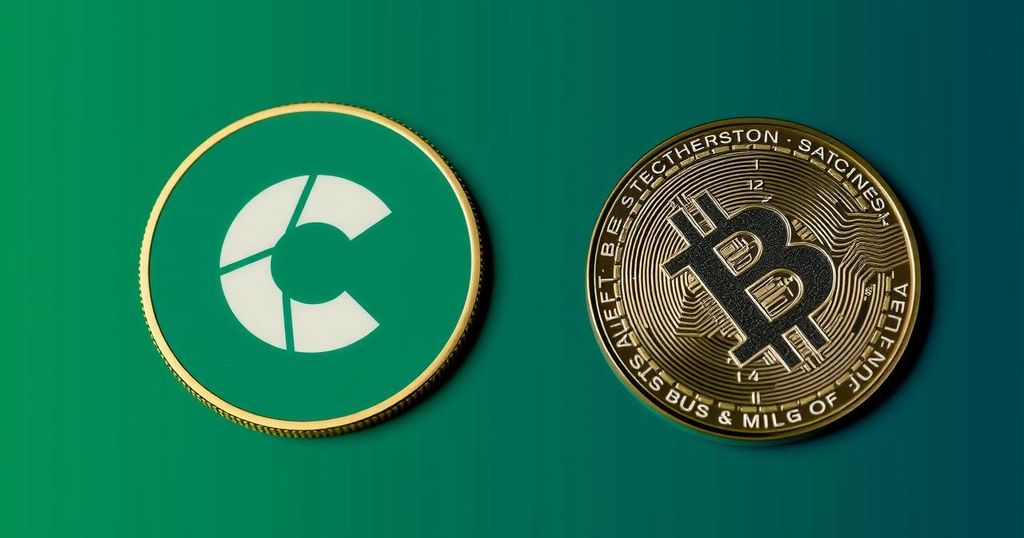Panasonic Concludes Sponsorship with the IOC Amidst Shifting Trends in Olympic Sponsorships
Panasonic, the prominent Olympic sponsor, has announced the termination of its contract with the International Olympic Committee (IOC) effective at the end of the current year, as stated in their official release on Tuesday. As one of the 15 designated TOP sponsors of the IOC, Panasonic’s financial contribution is part of a larger portfolio where sponsors collectively offer more than $2 billion every four years to support the Olympic movement.
In light of Panasonic’s decision, it is noteworthy that two other major Japanese corporations, notably Toyota, are also part of this elite group of sponsors. Recent reports have indicated that Toyota might also be considering the cessation of its contract. In response to inquiries from The Associated Press, Toyota clarified its ongoing support for the Olympic and Paralympic movements since 2015, asserting that no new developments suggest a shift in its sponsorship status.
The reluctance of Japanese companies to maintain their sponsorship for the Olympic Games appears to be closely tied to the events surrounding the 2020 Tokyo Olympics. The one-year postponement due to the COVID-19 pandemic, coupled with the absence of spectators at the venues, significantly diminished sponsors’ visibility and incurred additional costs, whilst several corruption scandals surrounding the Games further complicated matters.
While Bridgestone has remained non-committal regarding future sponsorship decisions, reports suggest that Toyota’s involvement was valued at approximately $835 million, making it historically one of the IOC’s most substantial sponsorship contracts. This partnership covered the Pyeongchang 2018 Winter Games and extended through to the recently concluded Paris Games.
Media sources in Japan have indicated that Toyota may choose to continue its support for the Paralympic Games specifically. An earlier investigative report by Kyodo highlighted Toyota’s dissatisfaction with how the IOC allocates sponsorship funds, expressing concerns that the financial resources are not being utilized effectively to promote sports and support athletes.
Historically, Japan has been a significant contributor to the IOC’s revenue, yet there has been a noticeable shift toward seeking sponsors from regions such as China, the Middle East, and India. The Tokyo 2020 Olympics incurred an official expenditure of $13 billion, of which a substantial portion was sourced from public funds, with an independent audit estimating the total cost may have been double that amount. The IOC’s contribution during this cycle amounted to approximately $1.8 billion.
The Tokyo Games have been clouded by corruption allegations related to local sponsorships and contract awards, with Dentsu Inc., a major Japanese marketing firm, being pivotal in raising a record local sponsorship fund of $3.3 billion, separate from the TOP sponsor contributions. Additionally, French authorities have investigated claims of vote-buying concerning the IOC’s decision in 2013 to award Tokyo the 2020 Summer Games.
Overall, the IOC reported an income of $7.6 billion during the last four-year cycle culminating with the Tokyo Games, with expectations that overall contributions from TOP sponsors will approach $3 billion in the upcoming cycle.








Post Comment